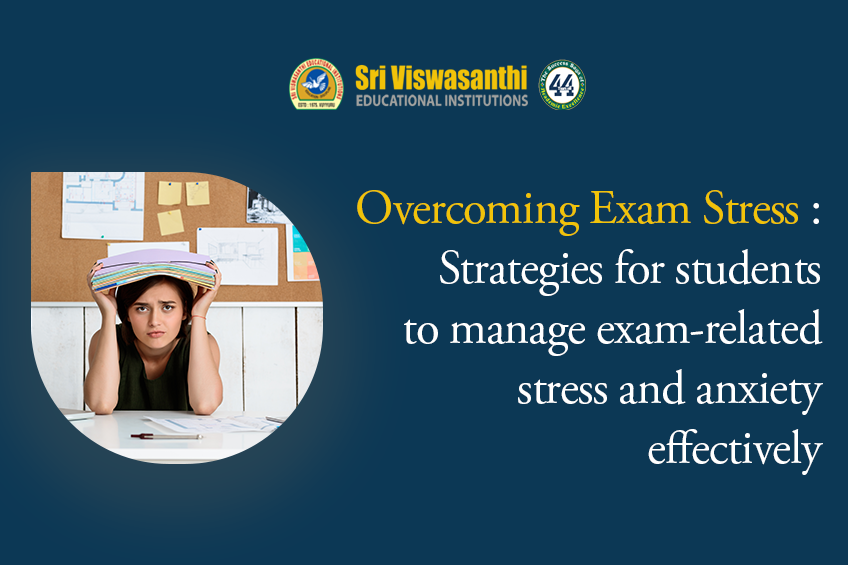

Exams can be nerve-wracking, causing stress and anxiety among students. However, it's essential to address exam-related stress as it can significantly impact academic performance.
Exam stress can stem from various factors, such as fear of failure or feeling overwhelmed by the volume of study material. Recognizing the signs of stress, both physical and emotional, is crucial to tackle the issue head-on.
The key to reducing exam stress is early preparation. By creating a well-structured study schedule and breaking down study material into manageable chunks, students can reduce last-minute panic.
Exploring different study methods and identifying the ones that suit individual learning styles can make studying more efficient and less stressful. Active learning and engagement are vital components of effective study techniques.
Effective time management is essential to avoid feeling overwhelmed. Setting realistic study goals and allocating time for each subject and topic can help students stay focused and on track.
During stressful times, a strong support system can make a significant difference. Encouraging open communication with teachers, peers, and family can provide valuable emotional and academic support.
Mindfulness practices and relaxation techniques can help reduce exam-related anxiety. Deep breathing exercises, progressive muscle relaxation, and guided meditation can calm the mind and improve focus.
The mind and body are interconnected, and a healthy lifestyle can positively impact academic performance. Regular exercise, a balanced diet, and sufficient sleep contribute to improved overall well-being.
Cramming before exams is counterproductive and can lead to heightened stress. Instead, students should focus on effective revision and review to enhance retention and recall.
The day of the exam can be particularly stressful. Preparing in advance, staying calm during the exam, and effectively managing test anxiety are essential for performing at one's best.
Encouraging positive self-talk and visualization can boost self-confidence and motivation. By focusing on success and adopting a growth mindset, students can overcome challenges with a positive attitude.
Recognizing and rewarding hard work, no matter the outcome, is crucial for building self-confidence. Acknowledging progress rather than just focusing on the final result can motivate students to keep striving for success.
Exam stress is a common challenge, but with the right strategies, students can overcome it and excel academically. By implementing early preparation, effective study techniques, and practicing mindfulness, students can manage stress and achieve their academic goals.
Remember, it's not just about the grades but also the journey of growth and learning throughout the process. With determination, a positive mindset, and a support system, students can conquer exam stress and emerge stronger in their educational journey.